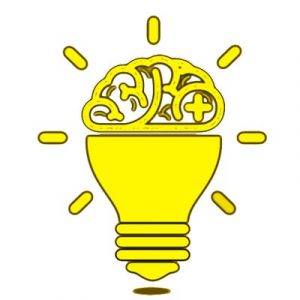"I know that I know nothing" – Socrates said. There is another famous expression, belonging to Arthur Bloch, who issued “Murphy’s laws” is : "who can do something, he does; the one , who cannot teaches how to do. Those who are unable to anything, teach to teach”. Knowledge cannot exist for knowledge. When they occur in the process of practice, knowledge can go apart from practice. The theoretical basis goes beyond the exiting needs.
Knowledge is gradually transformed into skills under the influence of constant practical exercises. In other words, to carry out any action a person needs information about a system of movements that will ensure the achievement of a certain goal. This knowledge is gradually formed into the form of motion representations. Skills can be called the most elementary level of performance of certain actions, and a peculiar skill of a person in the implementation of this type of activity.
They say that the first-graders, who finished learning the primer, is able to read. Adult is also able to read. If we do not take into account the difference in knowledge, then there is a way of long-standing practice of developing reading skills between these two "skills". Thus, elementary skills are actions that result from knowledge or based on imitation. Skill arises during the performance of activities based on the developed experience and knowledge. A child acquires certain actions based on the principle of imitation. In this case, knowledge is accumulated as a result of observations of the adults’ actions. Gradually, the complex of acquired skills forms behavior. There is a series of changes in the transition of skill to skill.

Firstly, the time for action is reduced. Secondly, excessive and unnecessary movements disappear. Thirdly, separate independent movements turn into a single action. Approximately the same way presupposes learning how to solve a certain type of task. No wonder that as soon as the student actually understood how to solve the problem, he would be able to distinguish the algorithm of its solution from the algorithms of similar tasks that he has met earlier. He "recognizes" this task in the future; every tutor should strive to form such a skill in his students. That is why; the peculiarity of skills is their gradual automation.
Well-trained skills do not require control of consciousness for their implementation. It is noted that at the stage of a well-developed skill, conscious control hinders its implementation. For example, a person, analyzing every step of his move, loses confidence in the movements. Thus, mastering the proper methods of activity implementation and the transformation of its individual components into skills, is the most important task of successful performance of any type of activity.

